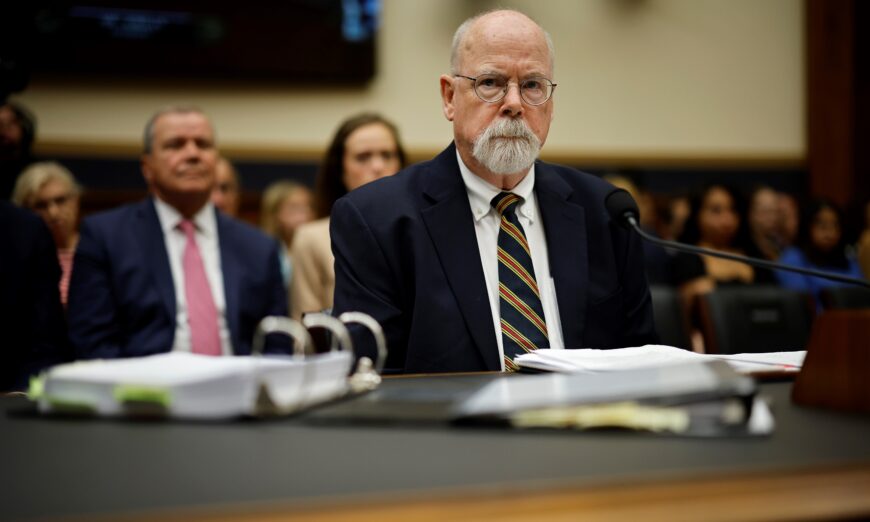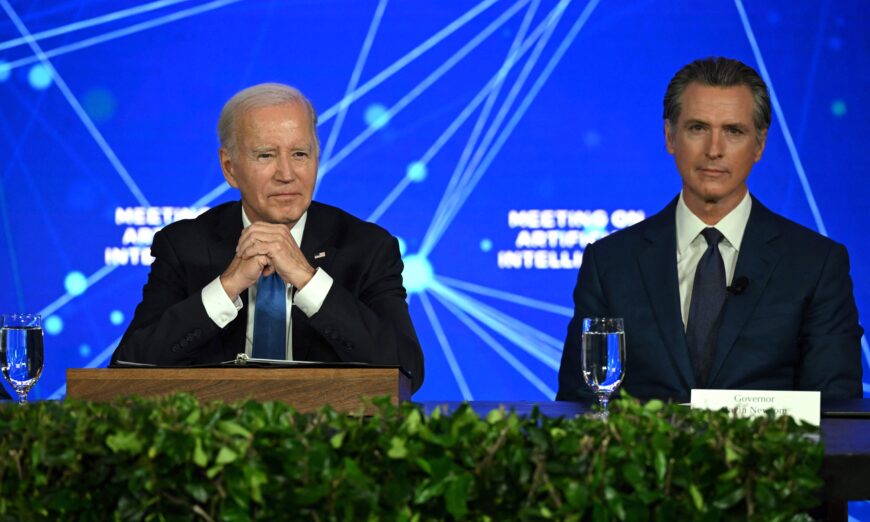The Anatomy of a Washington Post Smear Campaign
Washington Post’s Misleading Story on Texas Judge Matthew Kacsmaryk
On April 15, the Washington Post published a story about Texas judge Matthew Kacsmaryk that was framed as a scandalous revelation. The story claimed that Kacsmaryk removed his name from an article he had allegedly drafted for the Texas Review of Law and Politics, substituting the names of two of his colleagues for his own byline. The Post suggested that Kacsmaryk was seeking to avoid scrutiny of his views on hot-button issues, which prompted calls from Democratic lawmakers for an investigation.
The Truth Behind the Story
Almost every part of the story appears to have been misleading or false. This report is based on dozens of interviews with experts on legal ethics, attorneys at First Liberty, and people involved in Kacsmaryk’s nomination process. It suggests that Kacsmaryk did not write the article in question but instead supervised the attorneys drafting it, stepping back from that project—and many others—once his nomination was imminent.
- Kacsmaryk did not violate any canon of judicial ethics
- It is a common practice for nominees to wind down their practices and not publish or give speeches while they are being considered for a federal appointment
- The decision to take his name off the article was in keeping with Justice Department norms throughout the years
What emerges is a picture of a national newspaper framing a common and recommended practice as an act of deception. With Justices Clarence Thomas and Neil Gorsuch now facing ethics allegations of their own, the story is a cautionary tale of how overzealous reporting can insinuate scandal where none exists—especially when the target is a conservative judge.
Experts Weigh In
Even if Kacsmaryk had written the article himself, most experts agreed he wouldn’t have done anything wrong. The Senate’s rules apply only to articles that have been published or edited under a nominee’s own name. Ghostwriting is par for the course in the legal profession, and the attorneys listed on a brief often had unattributed help drafting it. If nominees had to disclose ghostwritten or ghostedited material, the Senate questionnaire would be nearly impossible to fill out.
At the end of the day, a nominee’s obligation is to provide what the Senate requested. Nothing more and nothing less.
" Conservative News Daily does not always share or support the views and opinions expressed here; they are just those of the writer."





